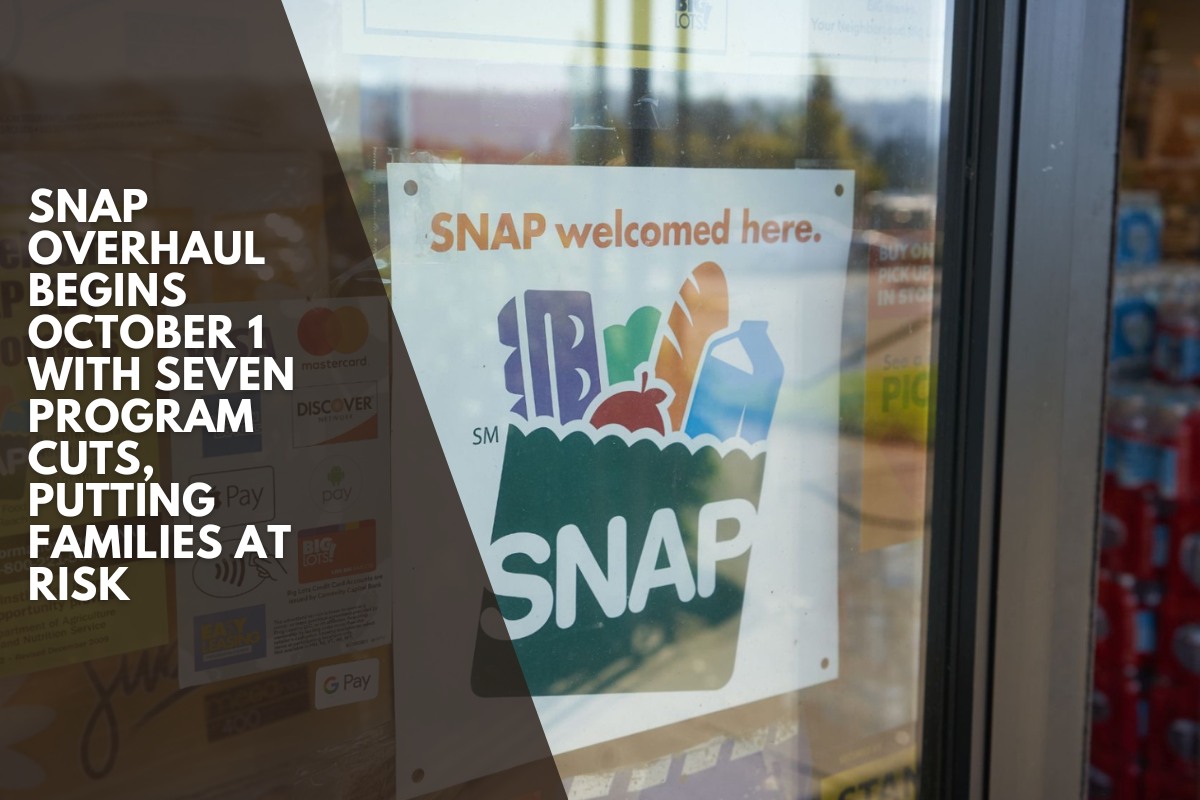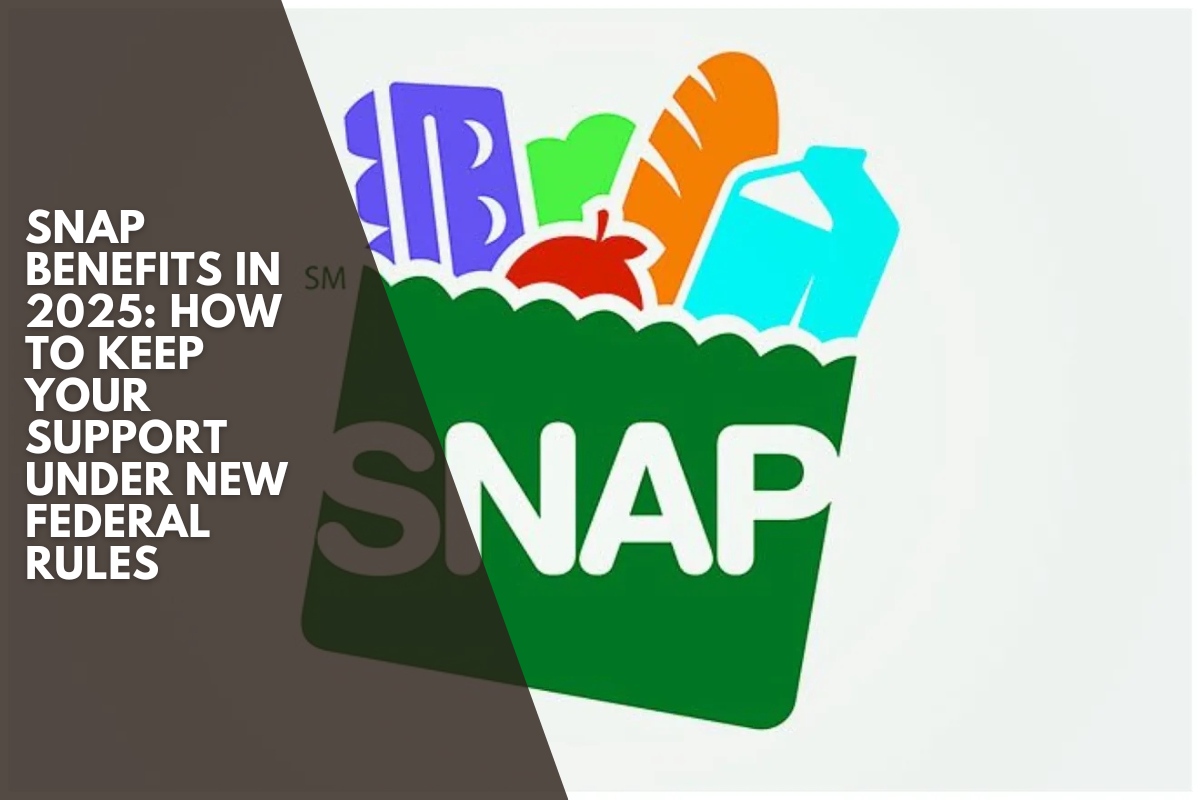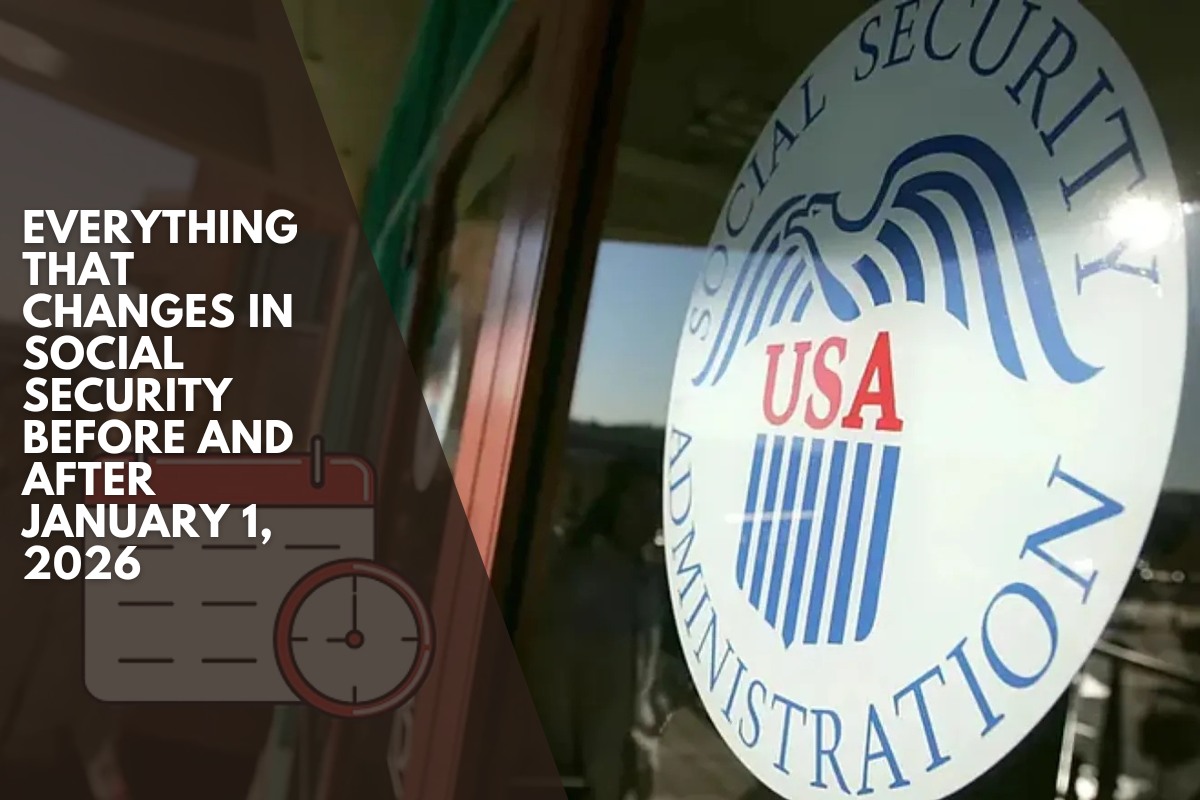The Senior Citizens League (TSCL), a nonpartisan organization that advocates for older Americans, has proposed a “one-time catchup payment” for Social Security beneficiaries to help offset rising inflation.
This payment would provide additional relief beyond the scheduled cost-of-living adjustments (COLA) to address the erosion of purchasing power that many retirees are experiencing as a result of the modern US economy.
TSCL emphasizes that recent COLAs have not adequately covered the rising costs of essential expenses such as food, housing, and healthcare, with the increases deemed inadequate by the body.
According to TSCL, many retirees’ purchasing power has been significantly reduced. “As Cost-of-Living Adjustments (COLAs) have failed to keep pace with the rapidly rising costs of essentials such as food, housing, and healthcare.”
The group argues that the current method of calculating COLA, which is based on the Consumer Price Index for Urban Wage Earners (CPI-W), does not account for the unique spending patterns of elderly Americans, particularly in terms of medical and housing expenses.
TSCL expects the 2025 COLA to be 2.6%, slightly higher than this year’s 2.5%, but economic changes, such as Donald Trump’s impending tariff war against the rest of the world, may cause additional hardships.
A recent TSCL survey of nearly 2000 Social Security beneficiaries found that 20% spent more than $1000 per month on healthcare alone, with 96% supporting recalculating COLAs using the Consumer Price Index for the Elderly (CPI-E).
The theory is that this more accurately captures the effects of inflation on those aged 62 and up, allowing for more effective mitigation of rising costs for senior citizens across the country.
“Many older Americans saw their Social Security buying power eroded during the recent inflation spike,” said Shannon Benton, executive director. “And rising Medicare Part B premiums frequently wiped out the entire COLA increase.”
“A catch-up payment would help restore that lost value and provide urgently needed relief for retirees living on fixed incomes.”
The organization was also concerned about the Bureau of Labor Statistics’ (BLS) recent reduction in data collection efforts across multiple metropolitan areas, fearing that this would further skew inflation measurements required for accurate COLA calculations.
What does the TSCL envision as a solution?
Though TSCL did not provide specifics about the proposed catchup payment, they did cite historical precedents as examples of federal financial assistance for Social Security and SSI recipients.
Consider the 2009 $250 Economic Recovery Payments issued during the Great Recession and the Economic Impact Payments distributed during the COVID-19 pandemic.
Furthermore, TSCL’s survey results show that nearly two-thirds of seniors are dissatisfied with their monthly Social Security checks.
Some 94% thought the 2025 COLA was insufficient and did not keep up with actual inflation rates, and 95% said policymakers should prioritize reforming Social Security and Medicare.
“The data in this study shows what seniors have been telling TSCL for years,” Benton continued. “Social Security checks aren’t keeping up with inflation.
“If four in five seniors think inflation was higher than the government reported in 2024, maybe we should stop questioning their experiences and start questioning why the COLA is failing to measure them.”












